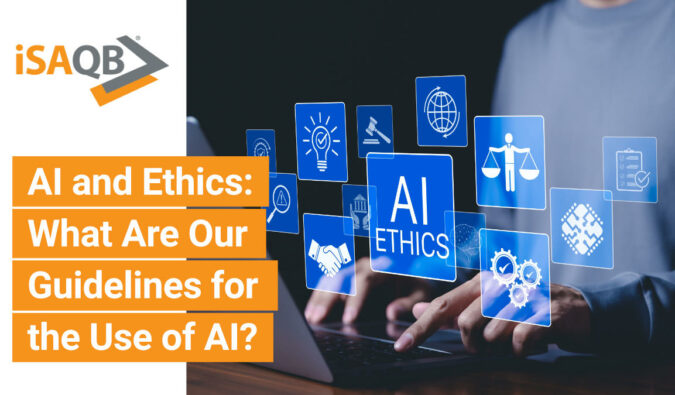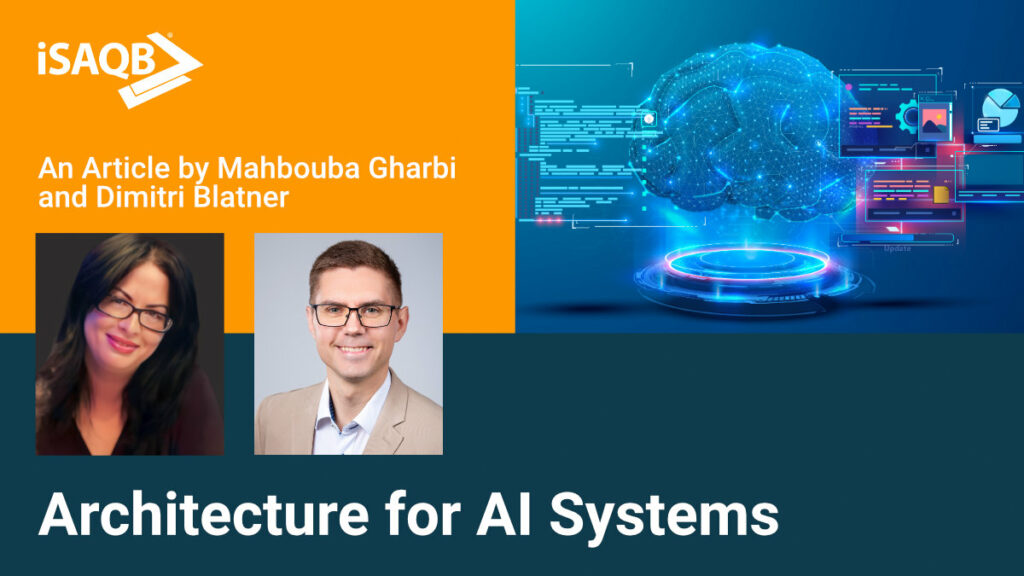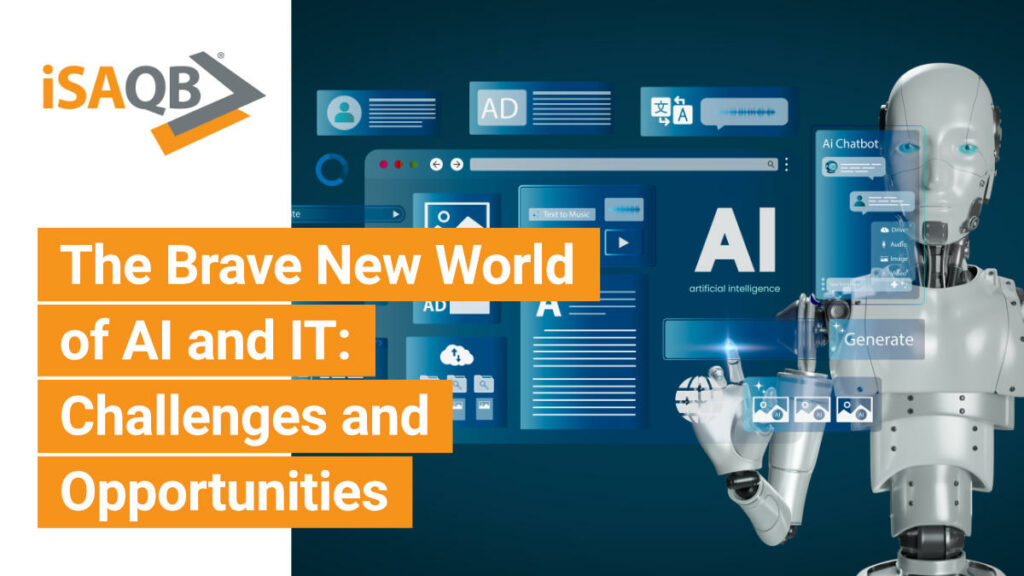AI and Ethics: What Are Our Guidelines for the Use of AI?
“Artificial intelligence is probably the best or the worst thing that can happen to mankind.”
(Stephen Hawking, physicist)
“The power of artificial intelligence is so incredible that it will change society in profound ways.”
(Bill Gates, founder of Microsoft)
What Are Our Guidelines for the Use of AI?
It’s the year 2024. The hype surrounding LLMs and ChatGPT started a year ago and is now having an initial impact on software development. AI chatbots can not only generate texts, draw photorealistic images, create music or answer questions — they can now also generate functioning programs in a programming language that even work. And through continuous learning, they are getting better and better at what they do. This is a powerful technology and so far there are hardly any regulations or legal guidelines for the use of these tools. So it’s time to start thinking about guard rails for the creation and use of this extremely powerful technology. Because one thing is clear: AI will be integrated into all kinds of products in the future and will therefore have a major impact on all our lives.
To really show the scale that will be upon us with the dawn of the AI age, I would like to quote here from a TED talk by Mustafa Suleyman:
“With that in mind, I offer the following metaphor today to help us grapple with what this moment [the widespread adoption of AI] really is. I think AI is best understood as something like a new digital species. Please don’t take this too literally, but I predict that we will see them as digital companions, new partners in our life journeys. Whether you believe we are on a 10‑, 20- or 30-year journey, I think this is the most accurate and fundamentally honest way to describe what is actually coming.”
And an important insight from him is: “We can only control what we can understand”. So what do we need to do to understand this?
AI and Ethics: What Do We Need to Pay Attention to?
So, in essence, it comes down to this: If Artificial Intelligence really is such a powerful thing that will affect us all, how can we ensure that the system is not abused or that the technology makes “wayward” decisions?
To clarify this, the European Union (EU) has committed itself to a number of important values, the so-called minimum ethical requirements. The minimum ethical requirements that must be implemented in AI include, in particular:
- Protection of privacy
- Clarification of responsibility relationships. I.e. specifically: Who is responsible if something goes wrong?
- Fairness
- In concrete terms, this means: Can you see through what is happening internally in the AI? Is the behavior comprehensible?
- Security
Based on these minimum requirements, the German government established seven ethical indicators for AI in 2021:
- Priority of human action and human supervision (man before machine)
- Technical robustness and security
- Protection of privacy and data quality management
- Transparency and explainability (AI data and processes must be traceable and explainable)
- Diversity, non-discrimination and fairness (access to the use of services must be equal and non-discriminatory)
- Social and environmental well-being (the impact of AI systems on society and the environment must be assessed in advance)
- Accountability (it must be clear who is responsible for AI systems and their results and who can be held legally accountable)
Digital Ethics
The precepts of digital ethics come into play in the widespread introduction of digitalization.

Figure 1: The 10 Commandments of Digital Ethics
Conclusion
It is therefore important for us, on the brink of the age of artificial intelligence, to regulate precisely what the new technology may and may not do. Because these guard rails will determine what can and cannot happen. Otherwise, the same thing could happen to humanity as with previous technological revolutions: people will be overrun by the new technology and will be helplessly at its mercy.
Sources
https://www.youtube.com/watch?v=KKNCiRWd_j0 What Is an AI Anyway? | Mustafa Suleyman | TED
https://www.youtube.com/watch?v=gOtxR2cER3g Der EU AI Act einfach erklärt
https://www.youtube.com/watch?v=g_RDoKAPZ9A Das wichtigste Gesetz aller Zeiten? (AI-Act)
https://www.youtube.com/watch?v=Pzx2wkba6tc Wie ethisch ist KI? — Thilo Hagendorff — Science Slam
https://webcare.plus/digitale-ethik/
https://www.hdm-stuttgart.de/digitale-ethik/lehre/10_gebote
https://www.eylaw.at/ai-act-der-eu-was-start-ups-rechtlich-wissen-muessen/
https://www.youtube.com/watch?v=G97ZJU44vTY Künstliche Intelligenz: Unsere neue Superkraft? | Idee 3D | ARTE
https://www.youtube.com/watch?v=oNk6ESLpxKI Von Chatbots bis zu Waffensystemen — Fluch und Segen der Künstlichen Intelligenz | SWR Doku
https://www.youtube.com/watch?v=eLaqIGCfCwY AI Act: EU-Verordnung zu künstlicher Intelligenz (KI) in 3 Minuten erklärt
—–
This is a translation of ITech Progress’ blog post “KI und Ethik: Was sind unsere Leitplanken für den Einsatz von KI?”. Here you can find the original blog post in German.











